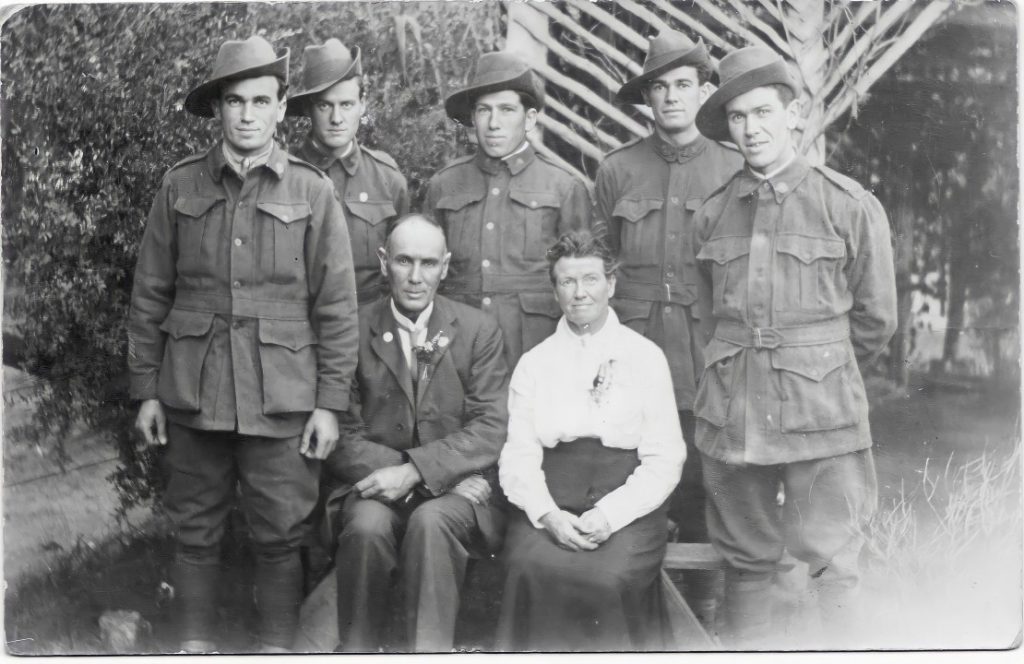I’ve recently been exploring an interesting aspect of human interaction that often surfaces in professional settings: situational friendship. This concept offers fascinating insights into how we form and navigate relationships in various contexts.
What is Situational Friendship?
Situational friendship refers to relationships that develop primarily in specific contexts or shared circumstances. These friendships can be understood through the lens of Social Exchange Theory, which emphasises the mutual benefit and convenience that relationships often provide within a particular setting.
Situational Friendship in the Workplace
Many of us have experienced situational friendships at work, where shared goals, projects, or interests foster camaraderie. These relationships may be seen through the perspective of the Sociocultural Theory, emphasising how social interactions within specific cultural contexts, like a workplace, influence our relationships.
Benefits and Challenges
Situational friendships can foster collaboration, empathy, and morale. Referencing Group Cohesiveness Theory, these relationships may strengthen the bond among team members, leading to a more unified and productive work environment.
However, the transient nature of situational friendships means that they might dissolve if circumstances change. This dynamic can be better understood through Social Identity Theory, which explores how our affiliations within specific groups, such as a work team, influence our social interactions.
Navigating Situational Friendships
The principles of Emotional Intelligence can be applied to navigate situational friendships effectively. Being aware of one’s emotions, as well as the emotions of others within the context, can foster positive situational friendships.
Conclusion
Situational friendships are complex and integral to our professional lives. By recognising their unique characteristics and leveraging widely recognised theories like Social Exchange Theory, Sociocultural Theory, Group Cohesiveness Theory, Social Identity Theory, and principles of Emotional Intelligence, we can create a more collaborative and positive workplace.
Understanding these theories helps in both appreciating the benefits of situational friendships and being mindful of their transient nature. This exploration enriches our understanding of human interactions in professional settings and beyond, providing valuable insights for both our careers and personal lives.



